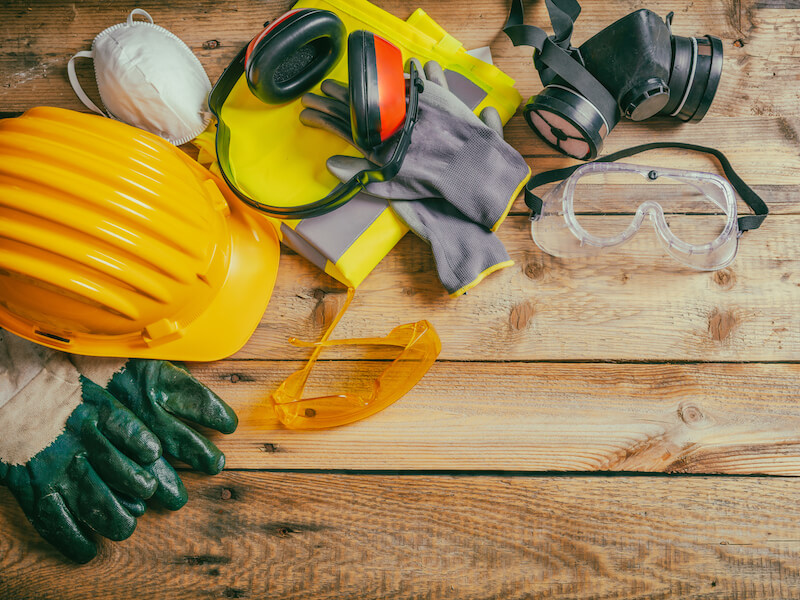
Each year, about 2 million workplace injuries are documented. When you think of on-the-job injuries, you might think of flying projectiles or a hand pulled into a piece of machinery at a factory.
But there is a far more pernicious on-the-job injury that is even more prevalent and often undetected. It sneaks up on people very slowly over several years. The majority of people don’t even recognize it’s occurring until it becomes severe. Excuses are a typical reaction. “It’s only temporary” or “I’m just getting older. This response is common.
And it’s unusual for people to even acknowledge that their workplace is to blame for this injury.
Hearing damage is this insidious injury. There are some significant steps you should take if you notice any of the numerous warning signs.
Exactly When Does The Volume Become “Too Loud”?
Your hearing can be irreversibly damaged with sustained exposure to as little as 85 decibels (dB) over a long period. Seventy-five dB, for example, is the average volume of a vacuum. Eighty-five dB for a lawnmower. A chainsaw or leaf blower creates over 100 dB. And the volume of a gunshot logs in at 140 dB.
Are you at risk when in your work environment? Are you being exposed to the most common workplace injury? Over time, your hearing can be damaged if you’re regularly exposed to sound as loud as a lawnmower, even if it’s not constant.
Symptoms of Hearing Injury
You’re absolutely harming your hearing if you work in a loud environment without hearing protection.
What follows is are early warning signs that you’re experiencing hearing loss:
- Your friends and family tell you your television, radio, or computer tablet volume is too high.
- You can’t understand the person speaking if there’s background noise.
- Loud noises cause pain in your ears.
- consonants get confused – “Todd” sounds like “Dodd,” for example.
- You regularly ask people to repeat themselves when they speak.
- When people speak, you tend disengage.
- Conversations sound muffled.
- When you talk with people you constantly think they are mumbling
- You’re hearing noises in your ears like ringing, hissing, or whistling.
What Are Employers Doing to Lessen Hearing Damage?
In environments that are extremely loud, technology is being put to use by organizations and businesses, to reduce workplace noise. Government agencies are endeavoring to update recommendations that will minimize workplace noise and protect employees.
As more employees become aware of the chronic damage they have endured due to workplace noise, they are coming forward. Further change will come as their voices are heard.
Preventing Further Damage
Protecting your ears before they become damaged is the best plan if you work in a loud setting. Wearing protective earmuffs or earplugs while at work will help minimize potential damage.
Make an appointment for a hearing test as soon as possible if you believe a noisy workplace has caused injury to your hearing. When you identify the level of your hearing loss, you will learn how to counter further damage going forward. We address any hearing damage you already have and develop strategies to help you prevent any additional damage.
